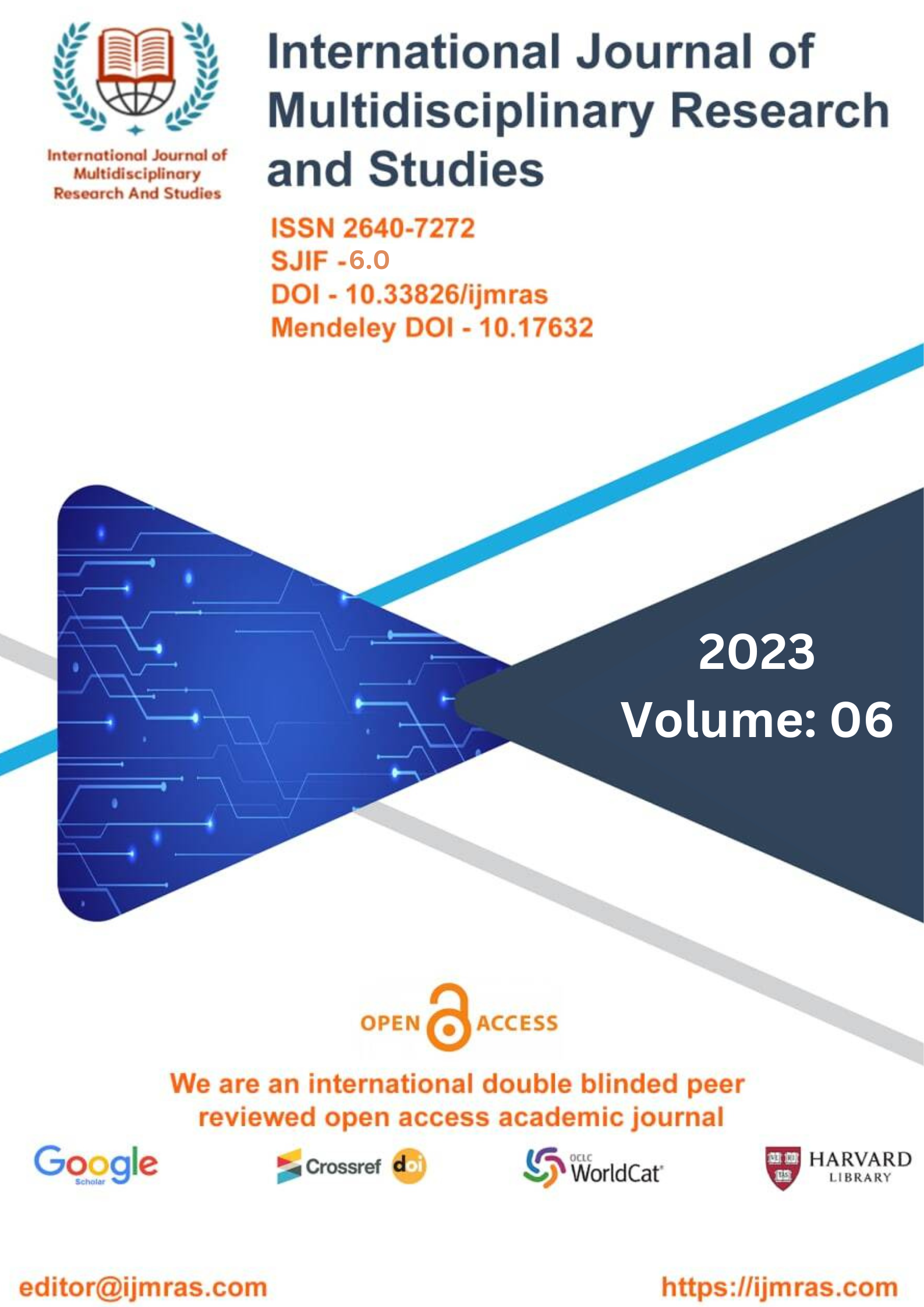Exploring the Shifting Paradigms of 20th-Century Literature: A Comprehensive Analysis

Abstract
The 20th century witnessed unprecedented transformations in the world of literature, with authors and their works reflecting the tumultuous social, cultural, and technological changes of the era. This research paper presents a comprehensive analysis of 20th-century literature, tracing its evolution from the early 1900s to the close of the century. By examining key literary movements, prominent authors, and notable works, this study aims to provide a nuanced understanding of the diverse and dynamic landscape of 20th-century literature. The paper begins by delving into the impact of historical events such as World Wars, the Cold War, and the Civil Rights Movement on literary production. It explores how these global phenomena influenced themes, styles, and narrative techniques in literature, resulting in the emergence of various literary movements such as Modernism, Postmodernism, and the Harlem Renaissance. The research paper analyses the contributions of iconic literary figures like James Joyce, Virginia Woolf, Gabriel García Márquez, Toni Morrison, and many others. It delves into their works to highlight their innovative approaches to storytelling and their profound insights into the human condition. Special attention is given to the deconstruction of traditional narrative structures, the exploration of identity, and the use of symbolism and allegory as literary devices. This study investigates the role of technological advancements in shaping 20th-century literature, from the typewriter to the personal computer and the internet. It explores how writers adapted to these new tools and platforms, changing the way literature was produced, distributed, and consumed. This research paper provides a comprehensive overview of 20th-century literature, emphasizing its rich diversity and its profound engagement with the complexities of the modern world. By examining the interplay between historical events, literary movements, and technological innovations, it offers valuable insights into the enduring relevance and significance of 20th-century literature in the 21st century and beyond.
Keywords
20th-century literature, Literary movements, Modernism, Postmodernism, Technological advancements, Iconic authors, Cultural transformationsHow to Cite
References
Anderson, J. (2013). Is a communicative approach practical for teaching English in China? Pros and cons. System, 21(4), 471-480.
Bax, S. (2023). The end of CLT: a context approach to language teaching. English Language Teaching Journal, 57(3), 278-287.
Bell, D. (2014). Method and post method: Are they really so incompatible? TESOL Quarterly, 37(1), 325-336.
Chomsky, N. (2015). Aspects of the theory of syntax. Cambridge: MA. MIT Press.
Ellis, G. (2016). How culturally appropriate is the communicative approach? English Language Teaching Journal, 50(3), 213-218.
Ellis, G. (2018). How culturally appropriate is the communicative approach? English Language Teaching Journal, 50(3), 213-218.
Hymes, D. (2021). Competence and performance in linguistic theory. In R. Huxley & E. Ingram (Eds.) Language acquisition: Models and methods. (pp.2-28). NY: Academic Press.
Karavas-Doukas, E. (2016). Using attitude scales to investigate teachers’ attitudes to the communicative approach. English Language Teaching Journal, 50 (3), 187-198.
Li, D. (2018). It’s always more difficult than you plan and imagine: Teachers’ perceived difficulties in introducing the communicative approach in South Korea. TESOL Quarterly, 32 (2), 677-703.
Rao, Z. (2022). Chinese students’ perceptions of communicative and non-communicative activities in EFL classroom. System, 30(1), 85-105.
Sano, M., Takahashi, M., Yoneyama, A. (2014). Communicative language teaching and local needs. English Language Teaching Journal, 38(3), 170-176.
Soars, J and Soars, L. (2016). New Headway English Course Intermediate. Oxford: Oxford University Press.
Swan, M. (2015a). A critical look at the communicative approach (1). English Language Teaching Journal, 39(1), 1-12
Thompson, G. (2016). Some misconceptions about communicative language teaching. English Language Teaching Journal, 50(1), 9-15
Van Ek, J. and Alexander, L. (2015). Threshold Level English. Oxford: Oxford University Press.
Yoon, K. (2014). CLT Theories and Practices in EFL Curricula. A Case Study of Korea. Asian EFL Journal. September 2004. http://www.asian-efl-journal.com/september_04_yke.html
Yu, L. (2021). Communicative Language Teaching in China: Progress and Resistance. TESOL Quarterly, 35(1), 194-198.
License
Copyright (c) 2023 ROHIT SHARMA

This work is licensed under a Creative Commons Attribution 4.0 International License.
Individual articles are published Open Access under the Creative Commons Licence: CC-BY 4.0.




